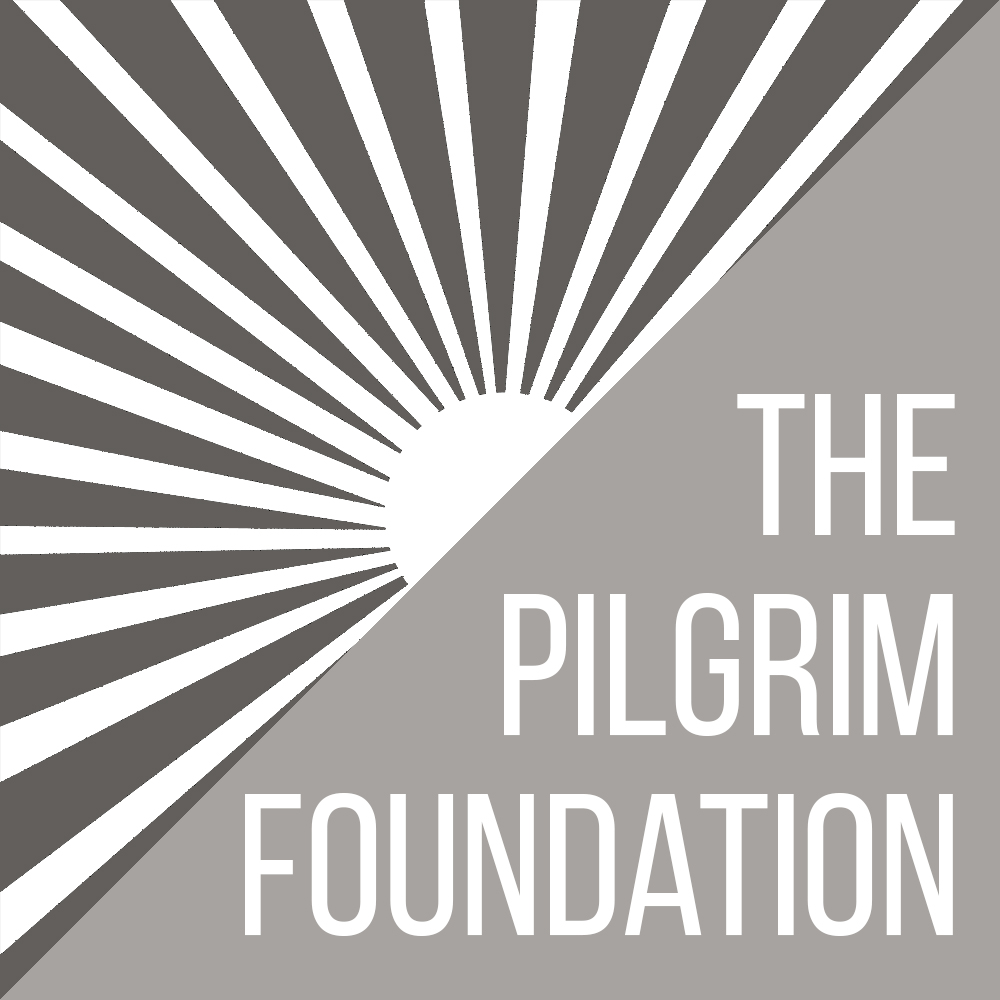Once you start exploring how to add “good stuff” to your portfolio (or investments that impact the world in a biblically positive way), at some point you will be forced to ask, “What are we already invested in and what business activities are we profiting from?” Getting an answer to this question was more difficult than I thought, and my suspicion is that this is where most non-professional investors get stuck. I first posed the question to our trust company managers, who were eager to share their ESG and Catholic values screens as options. I quickly realized, however, that we were speaking two different languages.
“They were quick to offer screening tools and investment options that are largely secular, whereas I was looking for someone who truly understood my faith and desire to invest in accordance with Biblical values. We were missing each other.”
As I attended more events, FDI gatherings, Zoom calls, the Talanton conference, and countless others (this is becoming a hot topic at most conferences!), I started meeting my “river guides,” as I like to call them. These are people I could be honest with about how out of my league I felt (again, the jargon and absence of other women in the Zoom rooms), and each river guide pointed me to the next one. I boldly took every call and was eventually introduced to Endel Liias at Nexus Impact Advisors. Endel and I had a long get-to-know-you conversation during which I finally felt like I wasn't crazy and that it was possible to align our investments with our Christian values.
This began a year-long journey to screen OUT what we don't want and replace it with investments we feel really good about. And yes, it is expensive and time consuming to hire consultants with the specialized expertise we needed. It's important to be honest about that and realize that once the initial work is completed, costs and time will reduce. It's a lot of heavy lifting on the front end, but talented, experienced advisors are worth the investment.
For brevity I’ll simply list our process over the last year:
Contract with Endel after developing clear expectations of outcomes. Our goal was to align our entire portfolio with our values while targeting an 8-9% risk-adjusted rate of return needed to fund our grantmaking goals. We wanted to make sure our foundation would not diminish due to these investment choices but continue in perpetuity for future generations. Returns are important to us.
Connect Endel to our trust company and long-serving investment advisors, who shared all the necessary info with him (they have been terrific about collaborating with an outside advisor, which surprised us!).
Clearly define our Christian values and codify them in a screening framework that can be applied to our investment portfolio. This includes both negative screens (to remove the “bad stuff”) and positive screens (to proactively invest in the “good stuff”).
Craft a new Investment Policy Statement (IPS) for our foundation with Endel’s help and collaboration from our board. This would serve as a blueprint for our investment activity outlining financial goals, investment objectives, constraints, governance mechanisms, values frameworks, and more.
Endel, in collaboration with our trust company, screened our entire portfolio of listed securities (meaning publicly-traded investments like stocks and bonds). Certain holdings like hedge funds are not required to divulge their underlying holdings, making screening nearly impossible.
And then…fall down in shock after realizing we are invested in:
23 abortion providers
3 abortifacient contraceptive manufacturers
147 companies using embryonic and/or fetal stem cells
2 adult entertainment/pornography producers
50 gambling operators
87 companies with severe or very severe human rights violations
41 tobacco producers
63 alcohol producers
2 private prison operators
12 predatory lenders
WHAT?! REALLY?
“After 25 years of seeking to combat the impact of these practices on human beings, I realized we were actually contributing to them. At this point I realized there was no turning back. I knew what we were invested in and I had to change it.”
We lamented and then…
Endel and our Foundation treasurer started exploring model portfolios that remove these problematic holdings while still targeting market-rate returns. Turns out there are lots of competitive options out there, from values-aligned mutual funds and ETFs to more customized direct index solutions called Separately Managed Accounts (SMAs).
Sought to understand more about the financial performance of a values-aligned portfolio by reviewing fact sheets from existing fund managers and running backtests on the models (again, thank you Trust company)!
Completed my own task (as the above items were completed by Nexus and our trust company holding the foundation assets). I kept pitching very high risk, early stage, private investments in Africa and elsewhere to Endel, most likely driving him crazy, while I still kept the drumbeat up on “competitive returns”.
I’ll end this article by sharing what I’ve continued to do through it all: keep learning the jargon and studying portfolio diversification. Plus asking the big question, will this really work? Will our returns tank?
To be continued…


